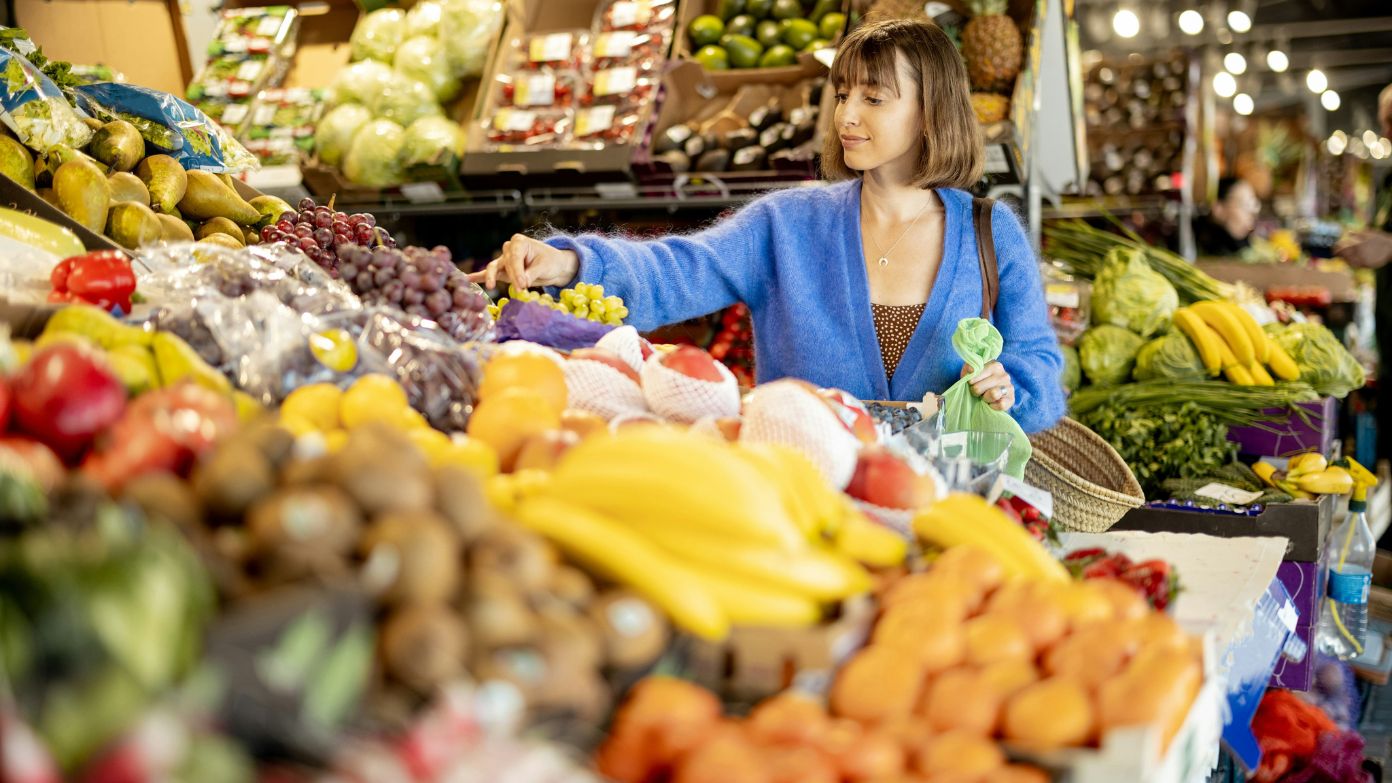A major change to food stamp payments has just gone into effect, and millions of Americans will feel the impact. The One Big Beautiful Bill Act (OBBA), signed into law under former President Donald Trump, is being called by some experts the “largest cut to SNAP in history.” If you or someone you know depends on SNAP to put food on the table, here is what you need to know.
What is happening with SNAP payments right now
The Supplemental Nutrition Assistance Program (SNAP) helps more than 41 million Americans every month. It is designed to provide low-income families with money to buy groceries. But under the OBBA, those payments are being reduced.
- The Congressional Budget Office (CBO) estimated that 30% of SNAP funds will be cut by 2034.
- That amounts to about $309 billion less in benefits over the next decade.
- The Urban Institute found families could lose anywhere between $72 to $231 each month depending on their household size.
In plain terms, it means less money on your EBT card when you go to buy food. For many, this will feel like a direct hit on already tight budgets.
Recommended:
Why is the one big beautiful bill act making these cuts
The OBBA includes several provisions that directly affect SNAP. Here are the major ones:
- Cost-sharing with states: Until now, SNAP benefits were fully funded by the federal government. Under the new law, states must now cover up to 25% of food benefits and administrative costs. This shift puts pressure on state budgets and may lead to uneven support across different states.
- Work requirements: The new rules expand work requirements to more groups. That includes:
- Parents with children over the age of seven
- Adults between ages 55 and 63
- Former foster youth
- Some veterans.
Estimates suggest 3.2 million adults could lose eligibility because of these changes.
- Parents with children over the age of seven
- Eliminated exemptions: Groups who once had exemptions, like lawful immigrants, unhoused individuals, veterans, and foster youth aging out of the system, may now lose access.
The CBO estimates that 2.4 million fewer Americans will qualify for SNAP each month under these updated rules.
Which states are banning certain snap purchases
Beyond the cuts, at least 12 states have started restricting what SNAP can buy. This means that even if you still receive benefits, you may not be able to use them on some items.
- The first states to pass restrictions: Arkansas, Idaho, Indiana, Iowa, Nebraska, and Utah.
- Recently joined: Colorado, Florida, Louisiana, Oklahoma, Texas, and West Virginia.
Most of these bans target soda, candy, and energy drinks, with full restrictions expected to take effect by 2026. Florida and Louisiana are even moving to block SNAP benefits from being used on energy drinks and some processed foods.
Recommended:
What government leaders are saying
Officials argue that these changes are meant to push healthier food choices and save taxpayer money.
USDA Secretary Brooke Rollins explained:
“SNAP is a supplemental nutrition program meant to provide health food benefits to low-income families to supplement their grocery budget so they can afford the nutritious food essential to health and well-being.”
Health and Human Services Secretary Robert F. Kennedy Jr. also voiced support:
“US taxpayers should not be paying to feed kids foods, the poorest kids in our country, with foods that are going to give them diabetes. And then my agency ends up, through Medicaid and Medicare, paying for those injuries.”
Some leaders even say this could expand nationwide in the future.
How americans are reacting to the changes
The public response has been mixed. Some see the restrictions as a step in the right direction, while others feel it is unfair.
- Supporters say it is right to make sure taxpayer dollars only go toward healthier options.
- Critics argue it takes away personal choice and unfairly limits struggling families.
On social media, one person wrote: “Good, it’s there for nourishing foods and drinks, you can’t live on candy bars and pop.” Another shot back: “Is this freedom? North Korea also limits what you’re allowed to eat.”
These reactions show just how divided the country is on this issue.
Related article:
When are SNAP cards reloaded in September? Check EBT card reload dates by state
Does receiving unemployment benefits affect SNAP eligibility?

